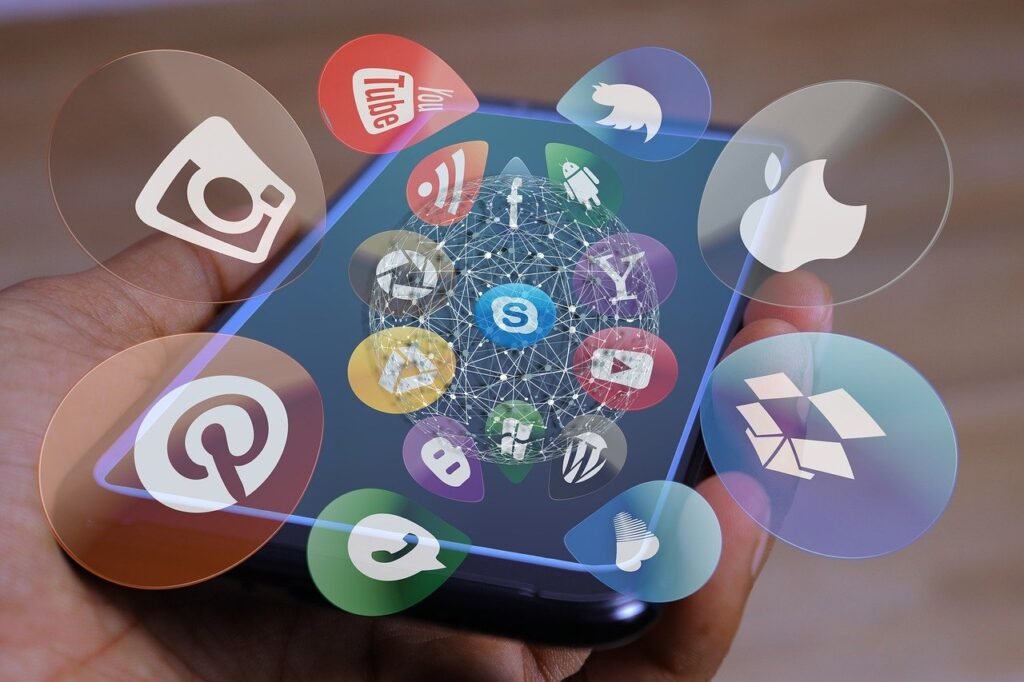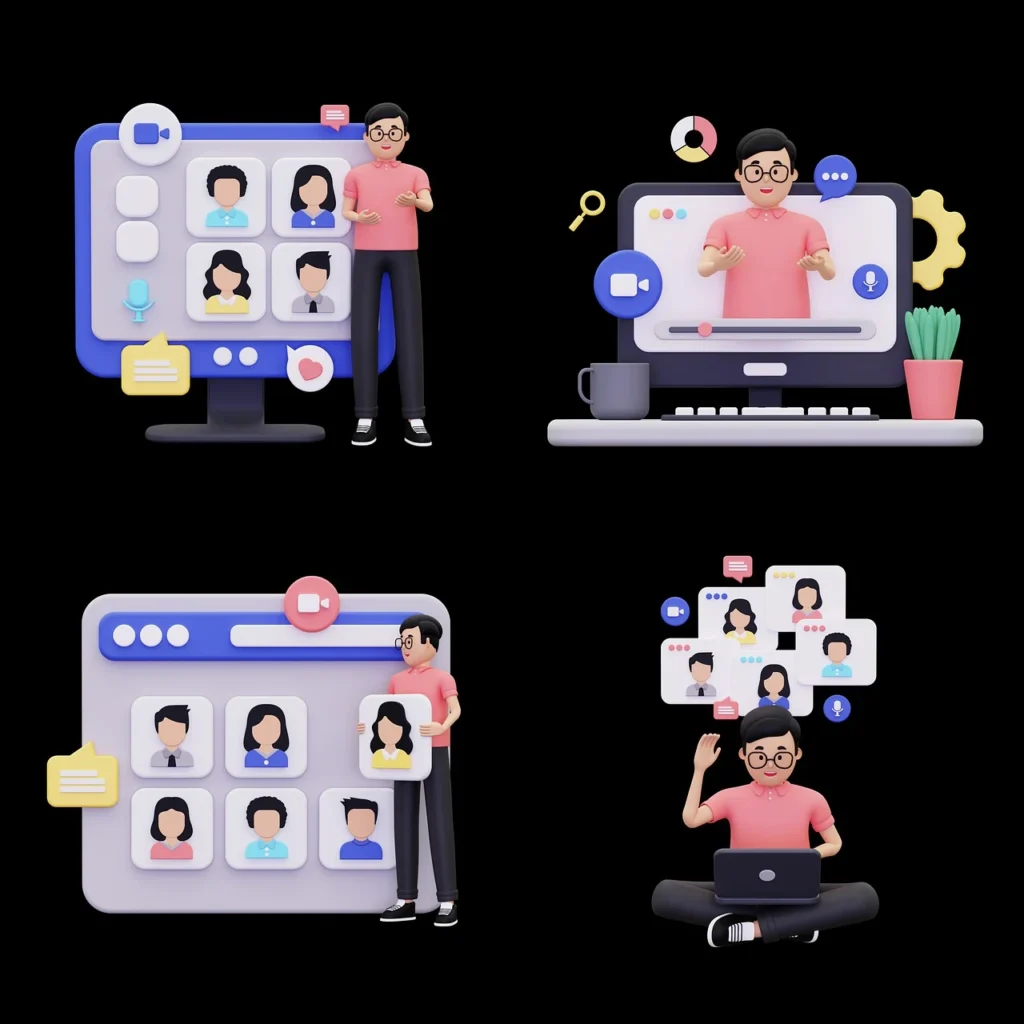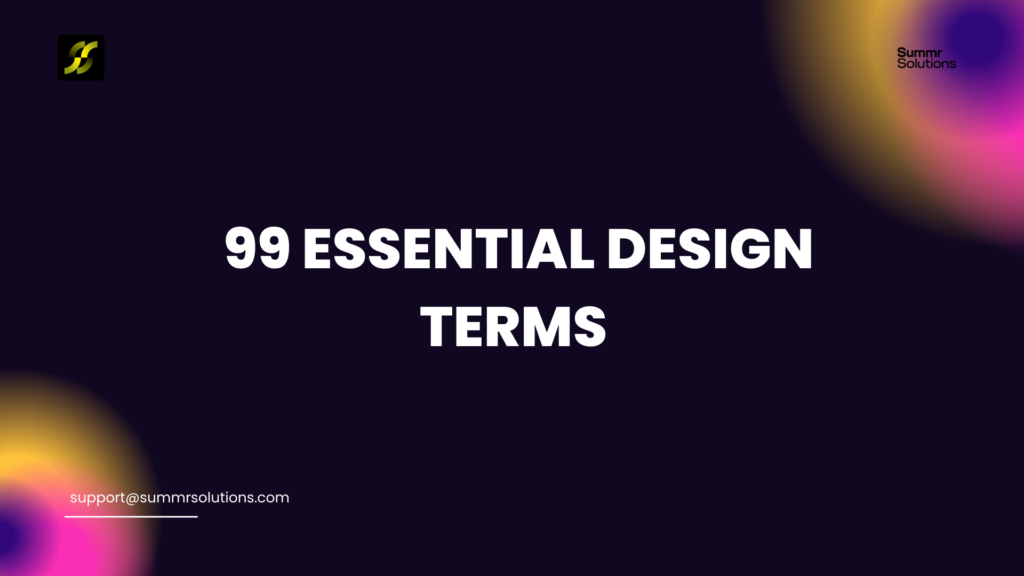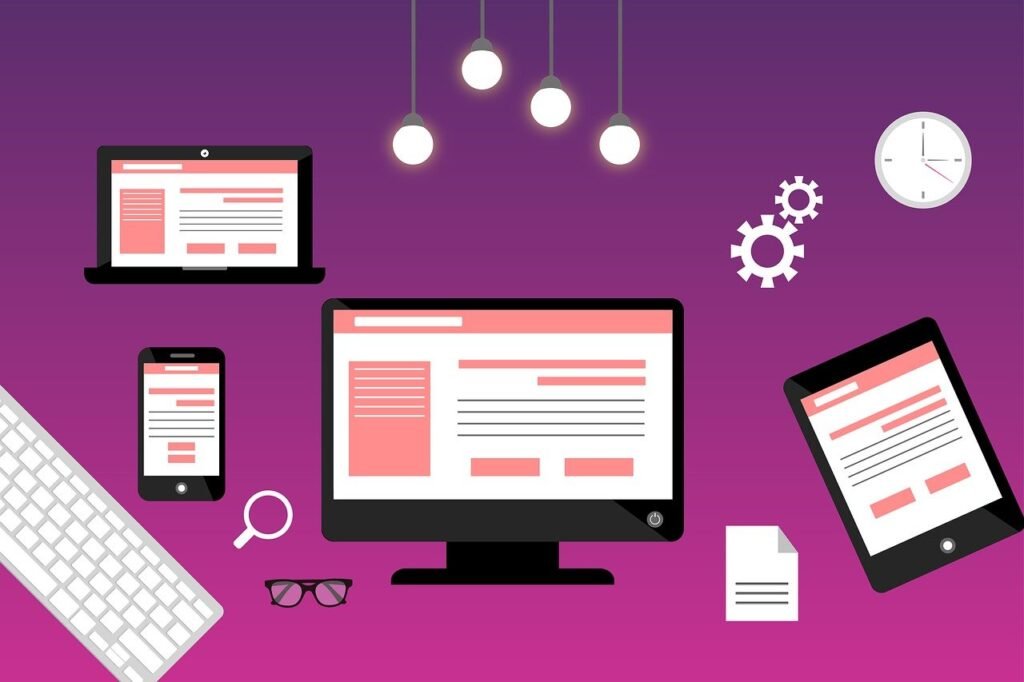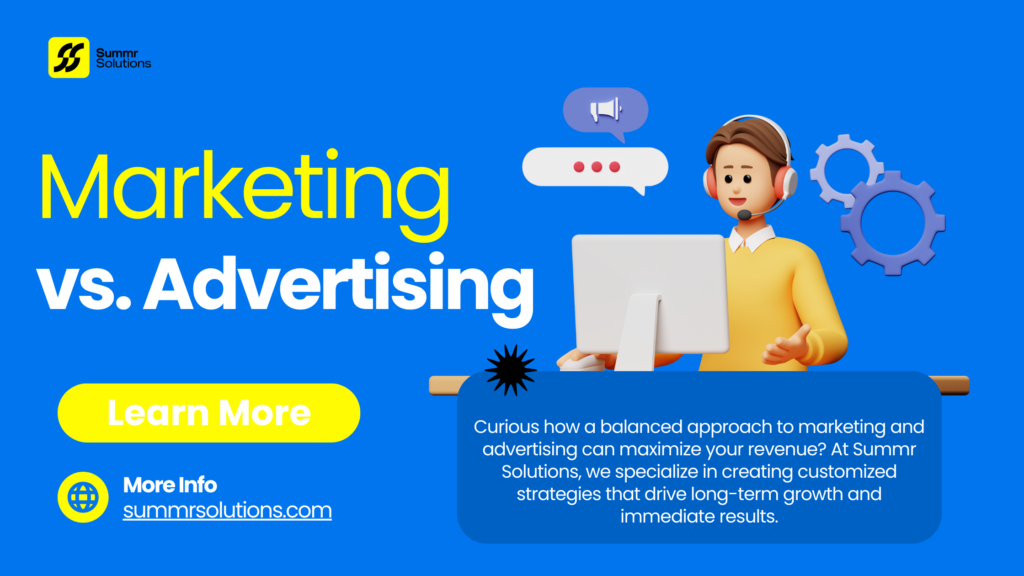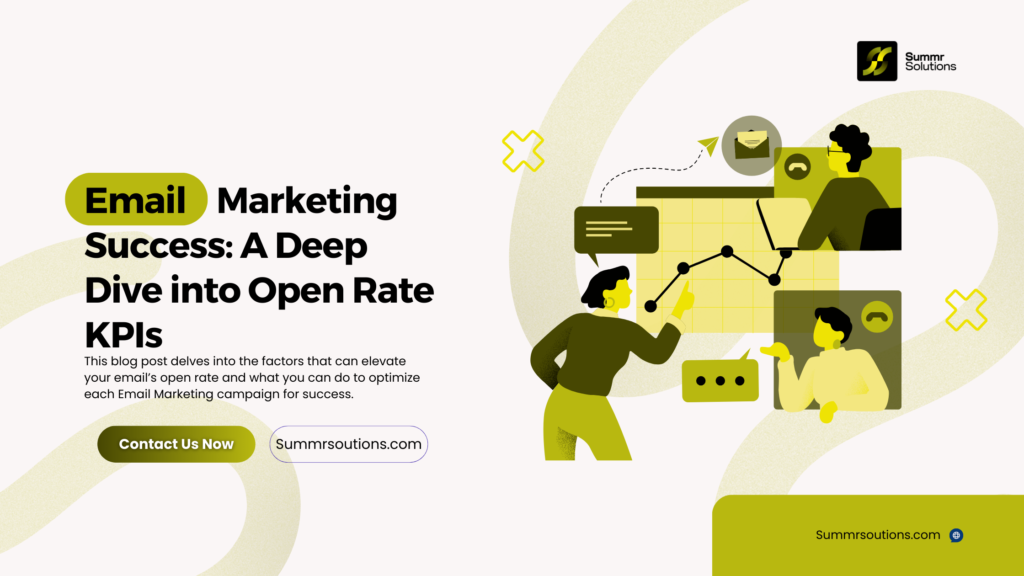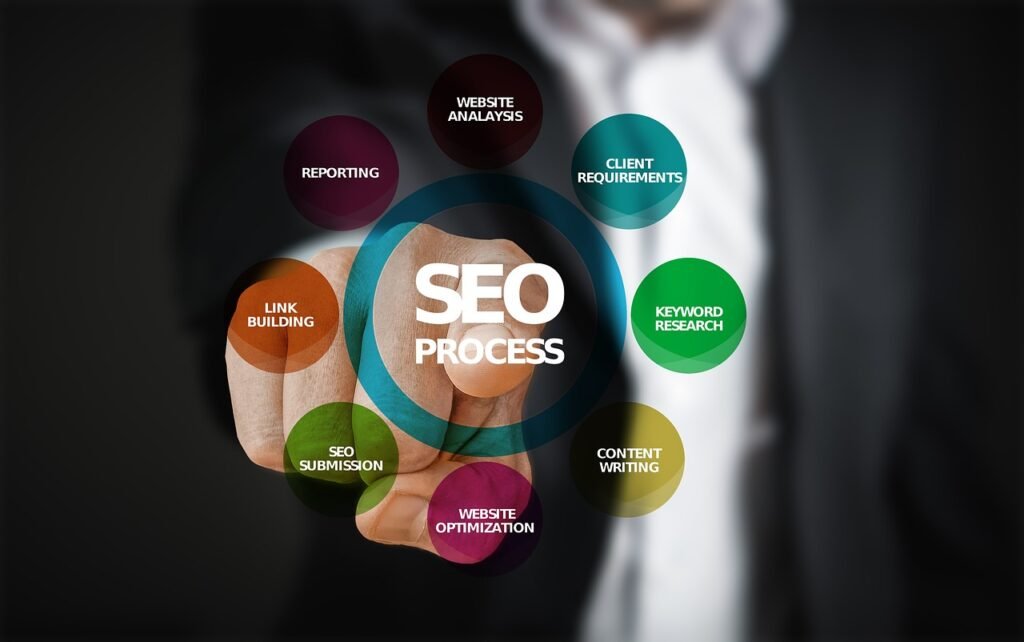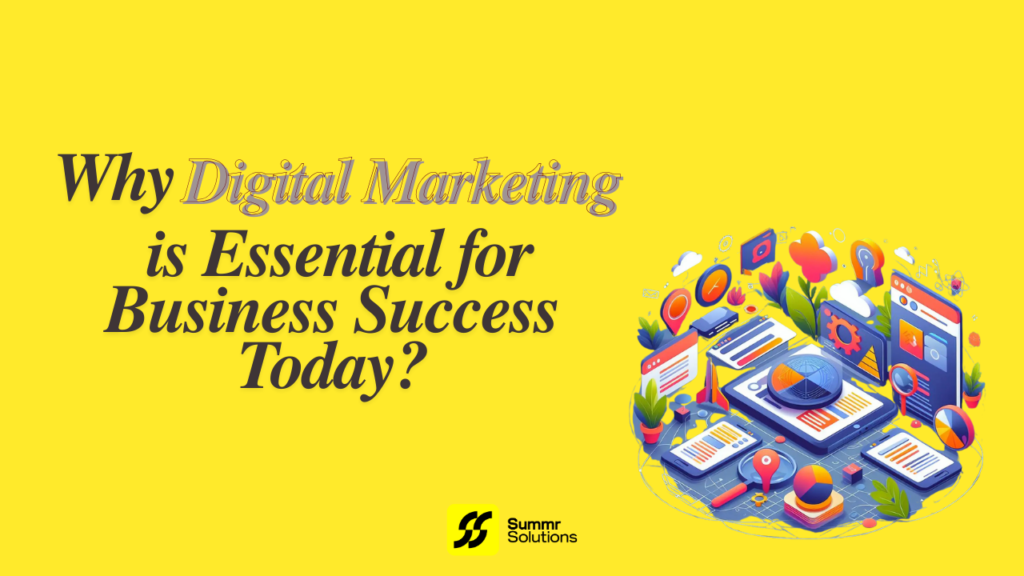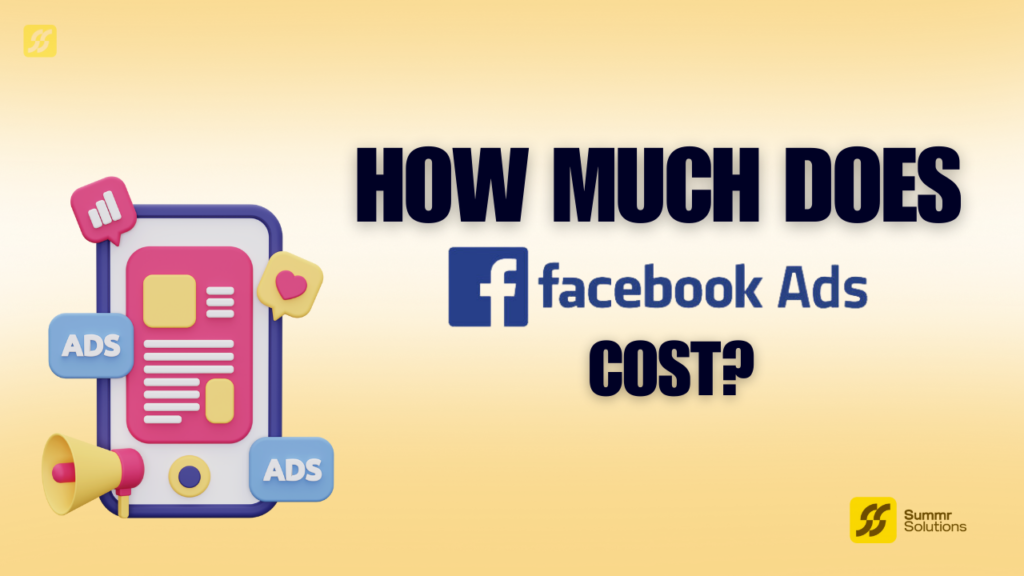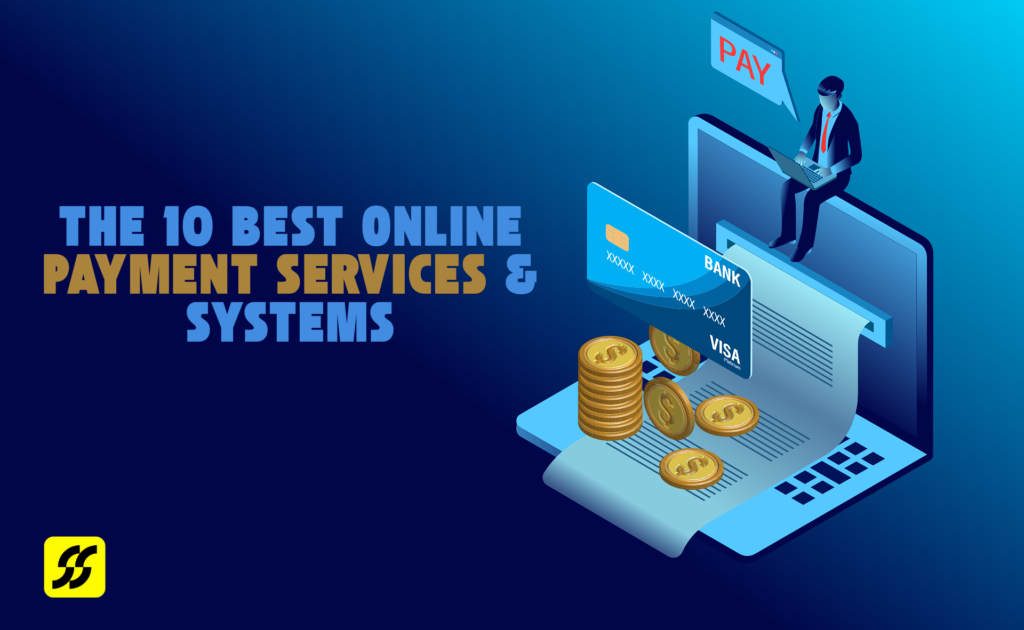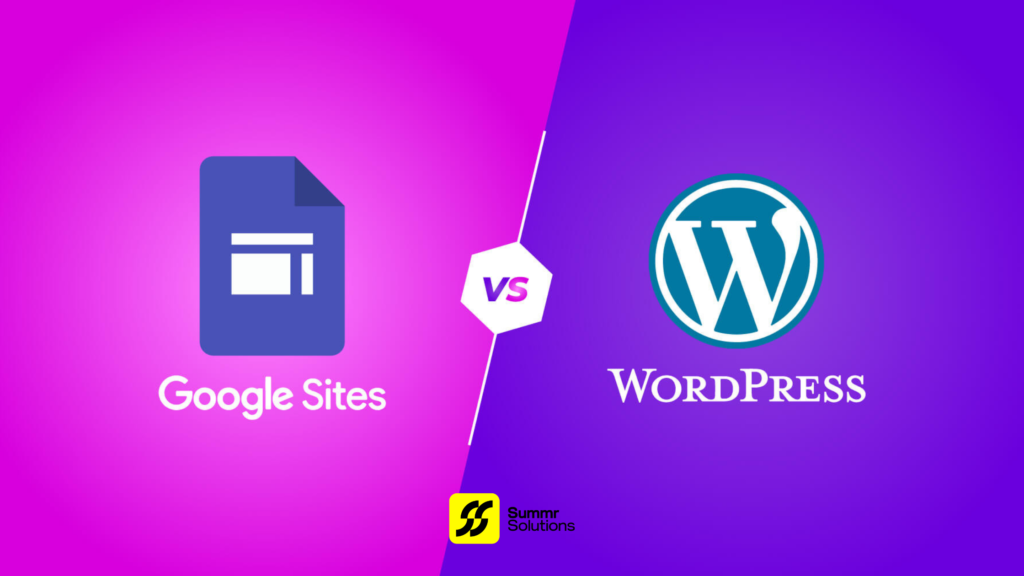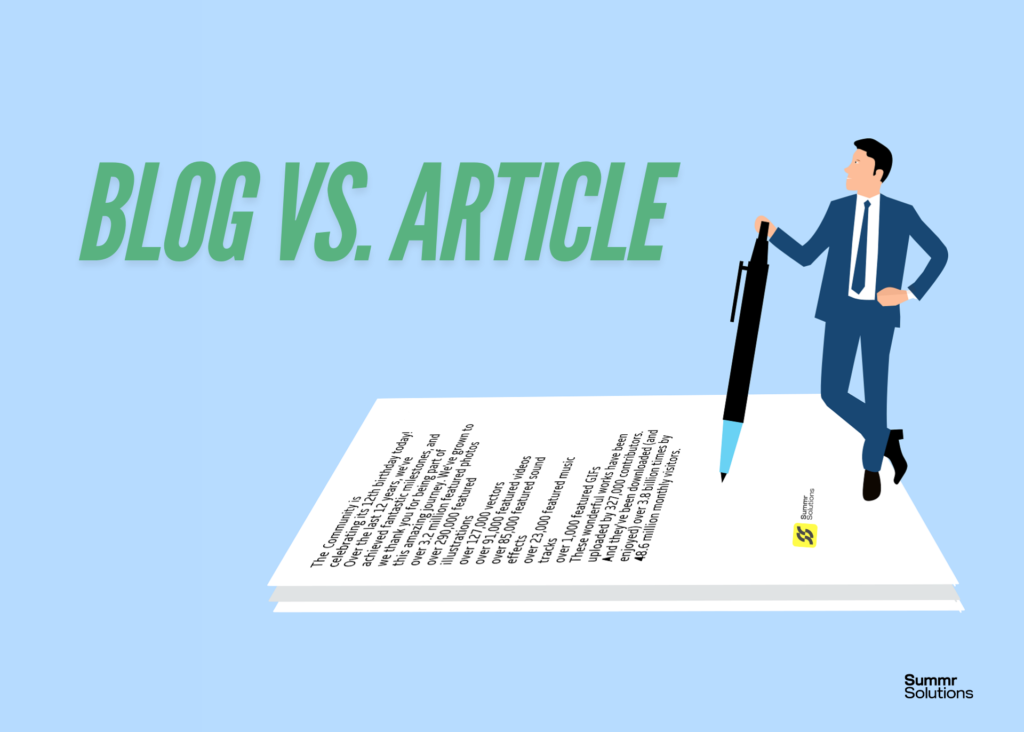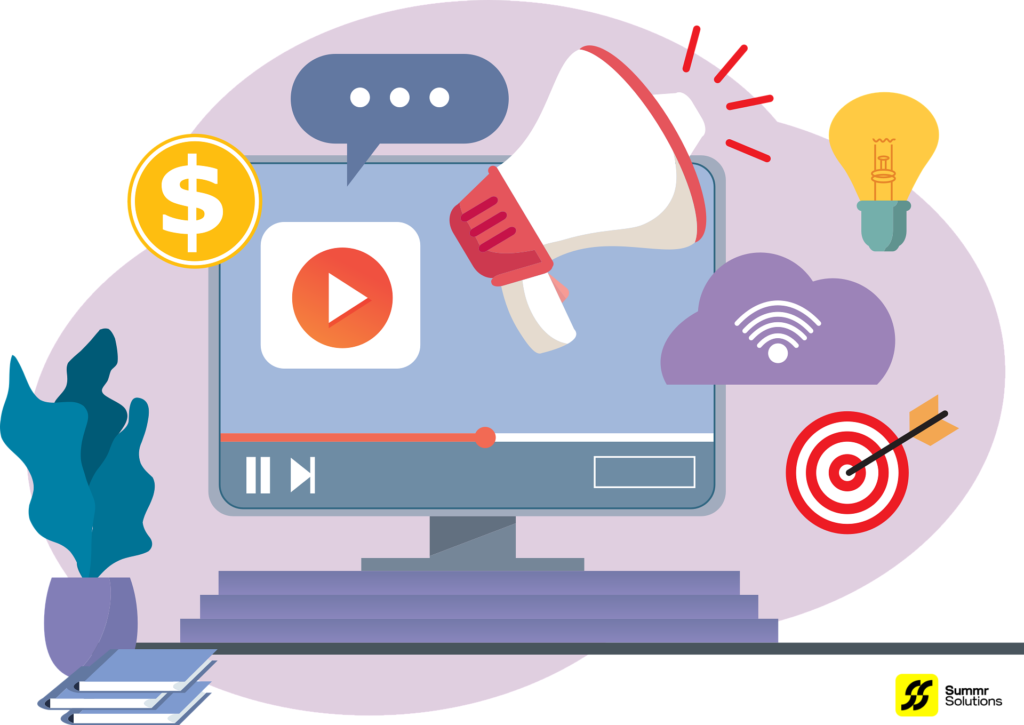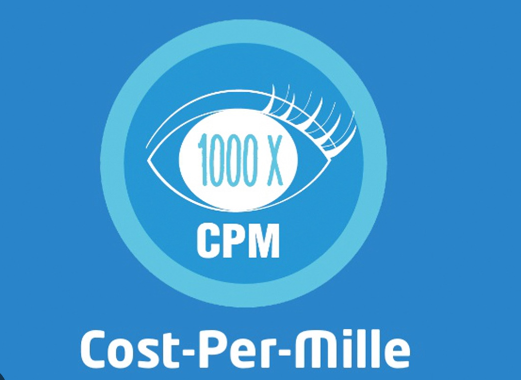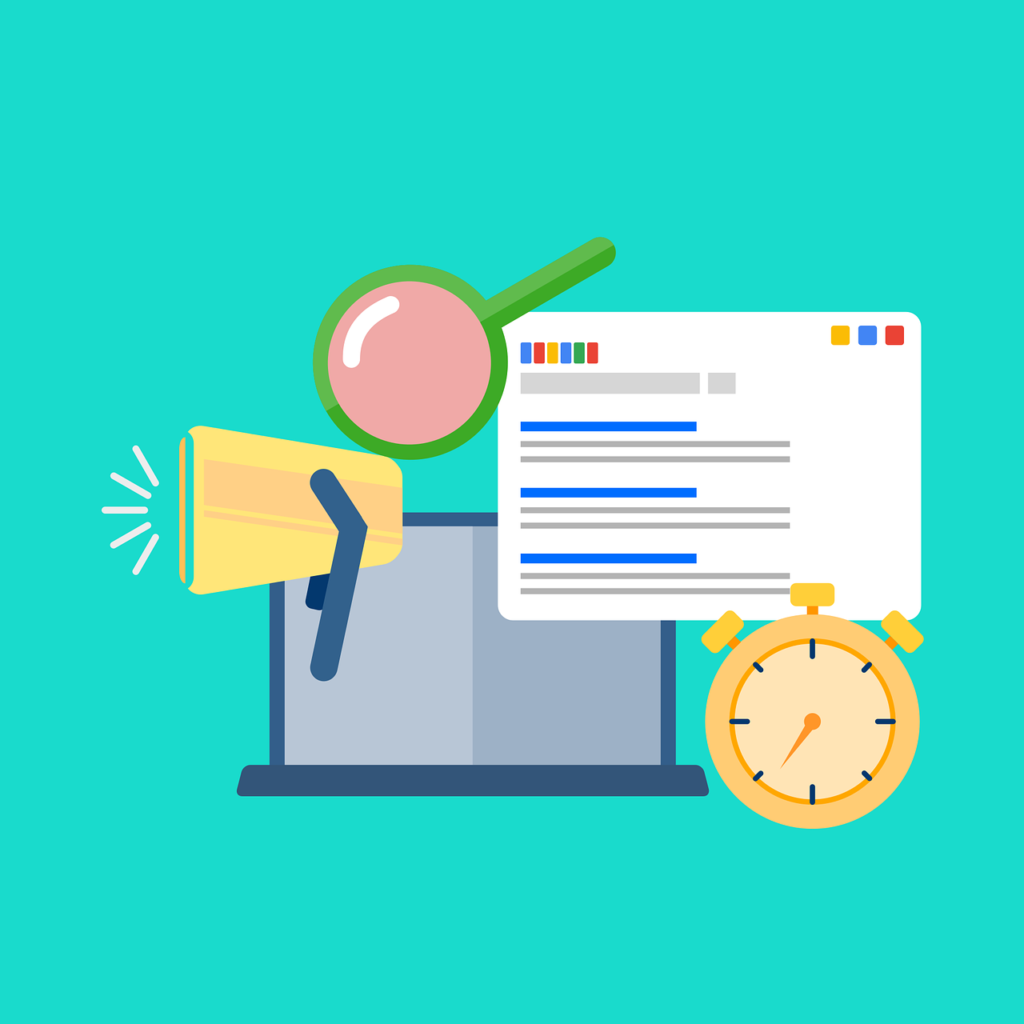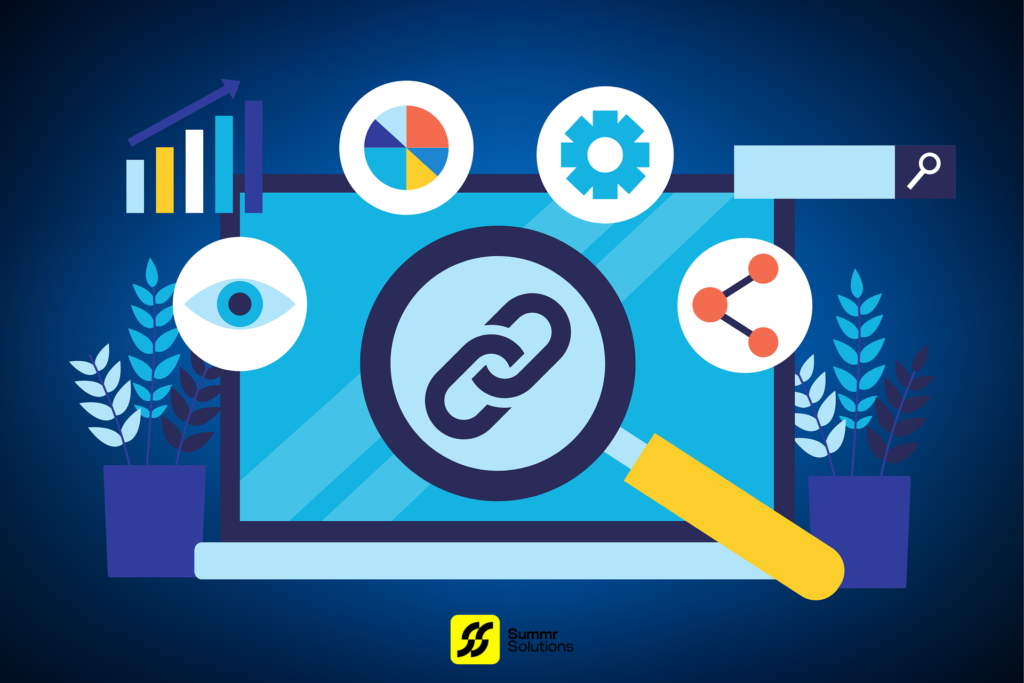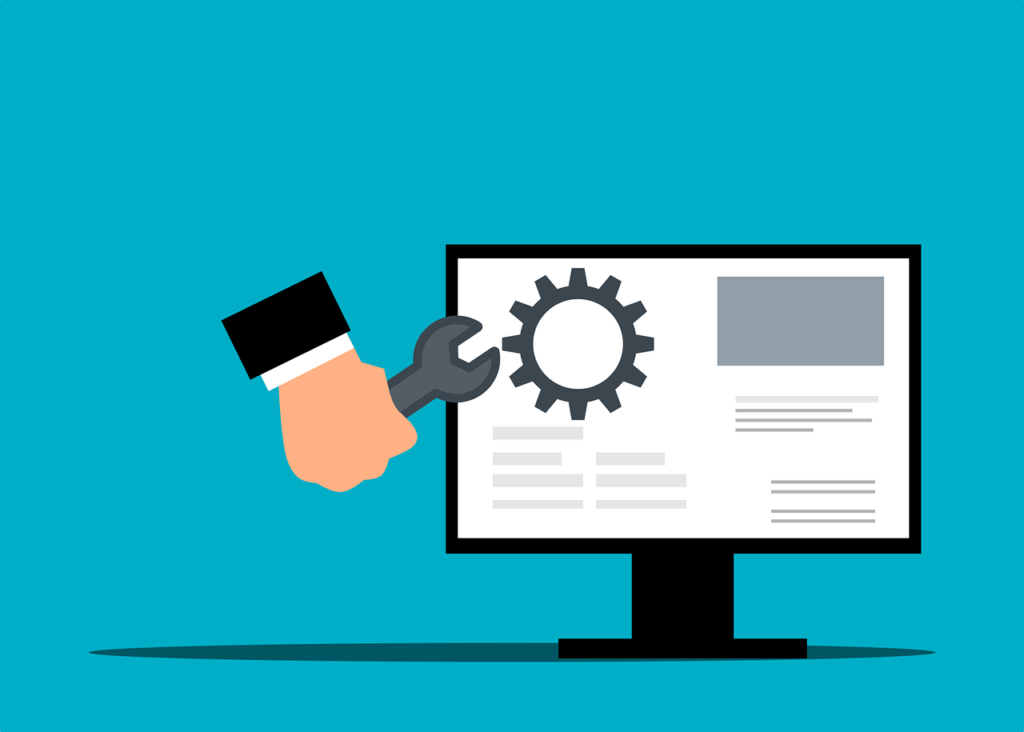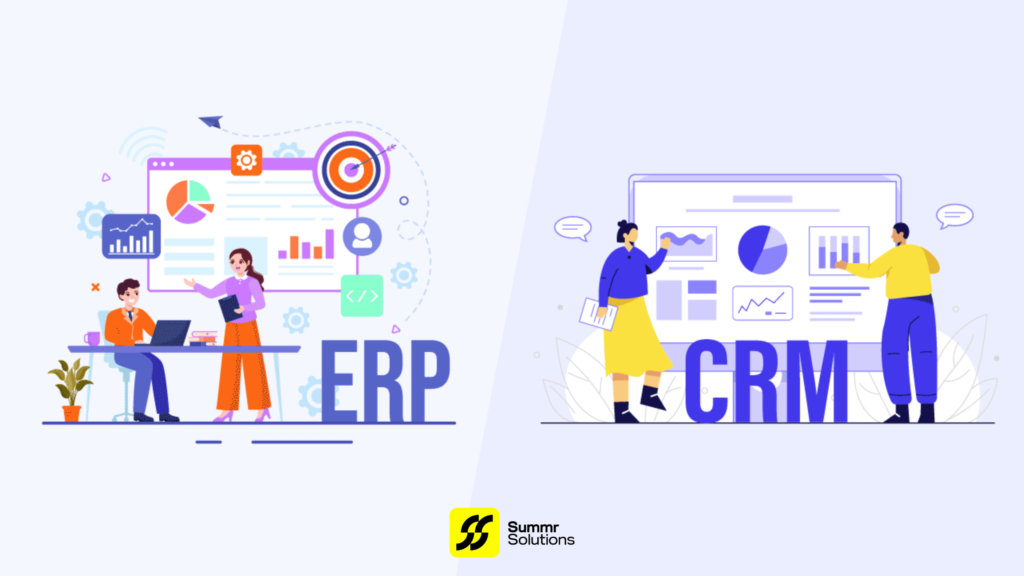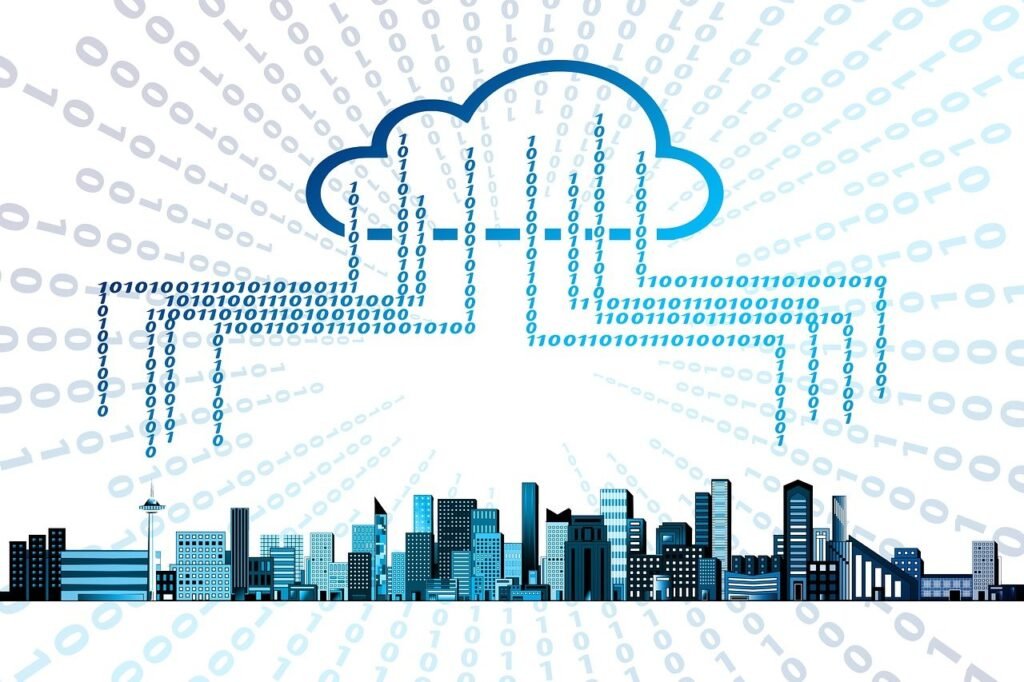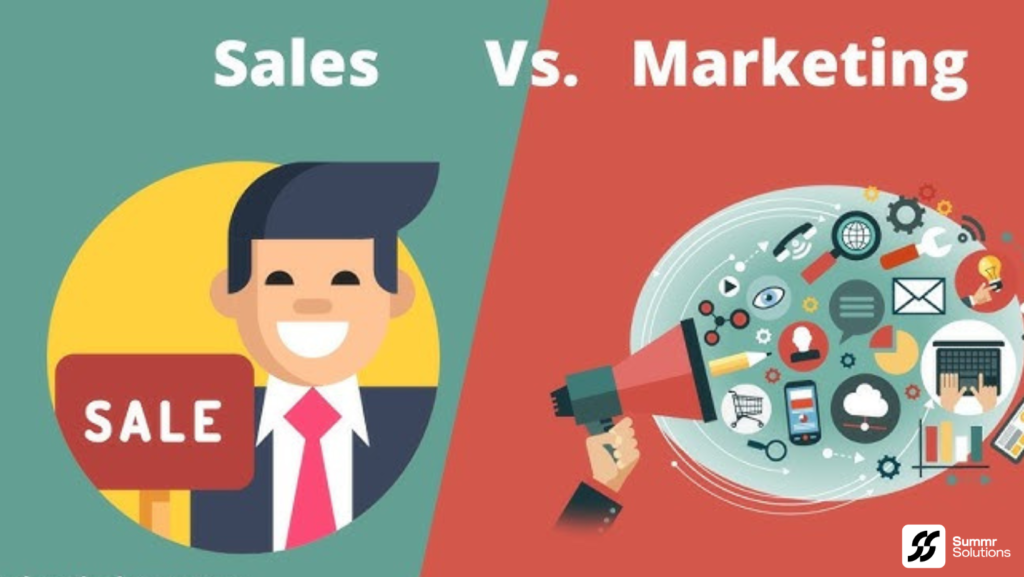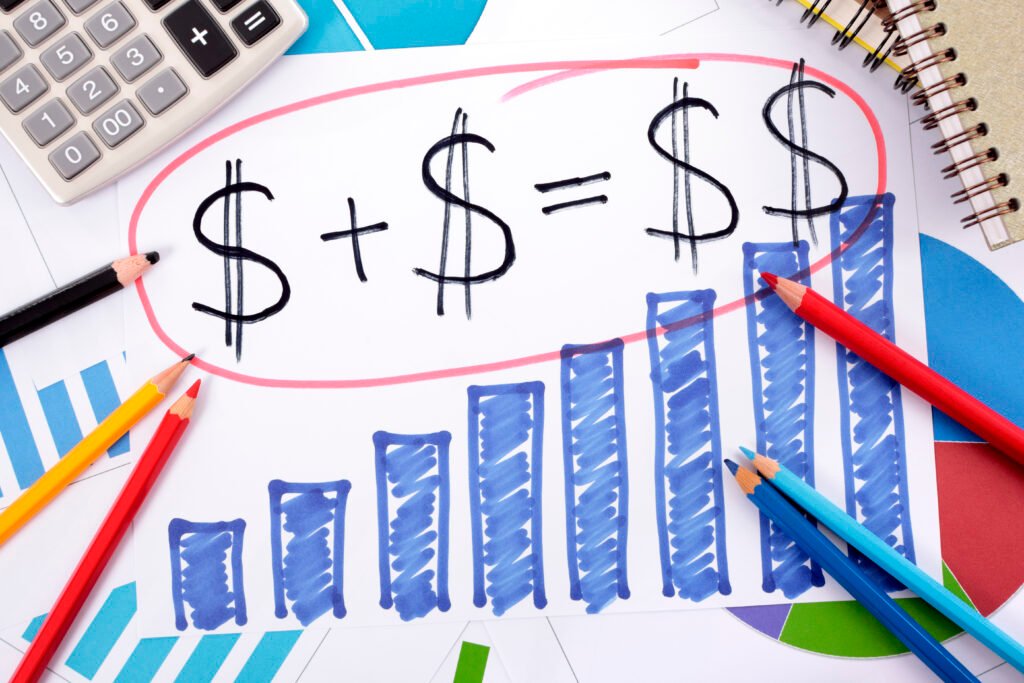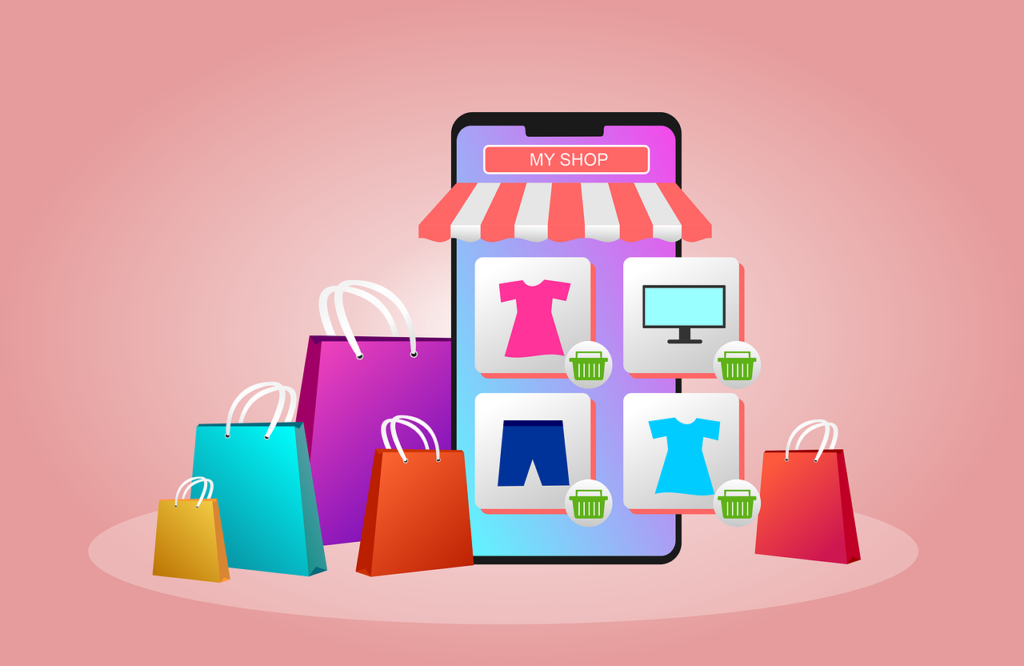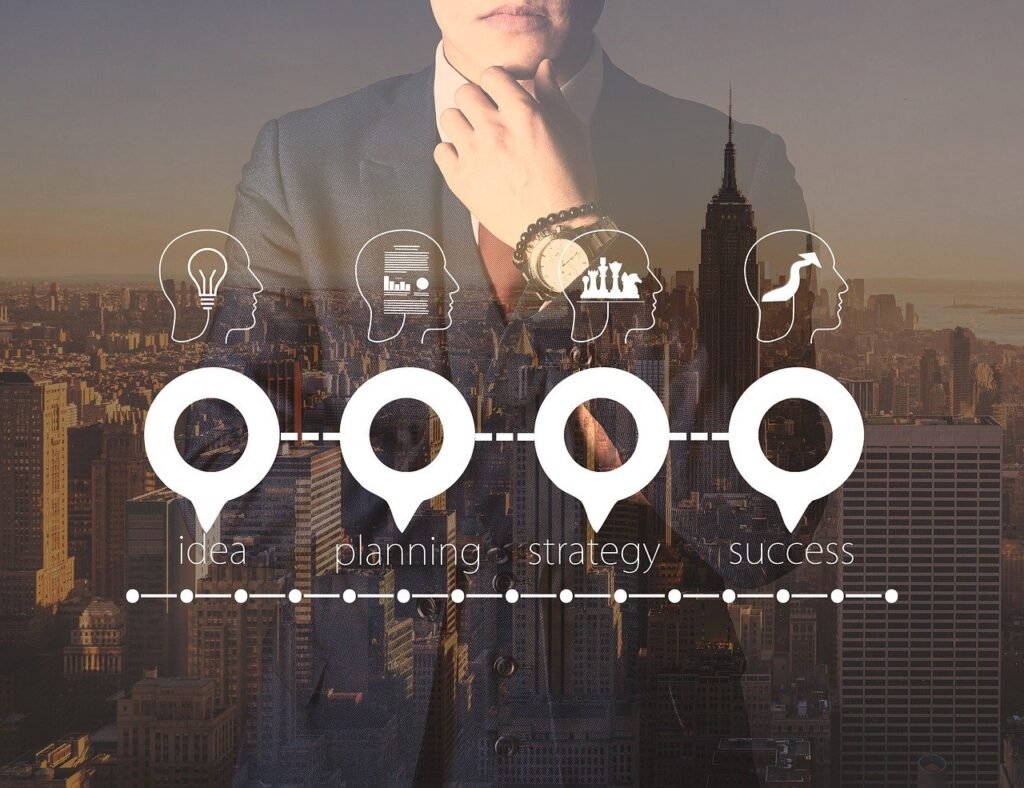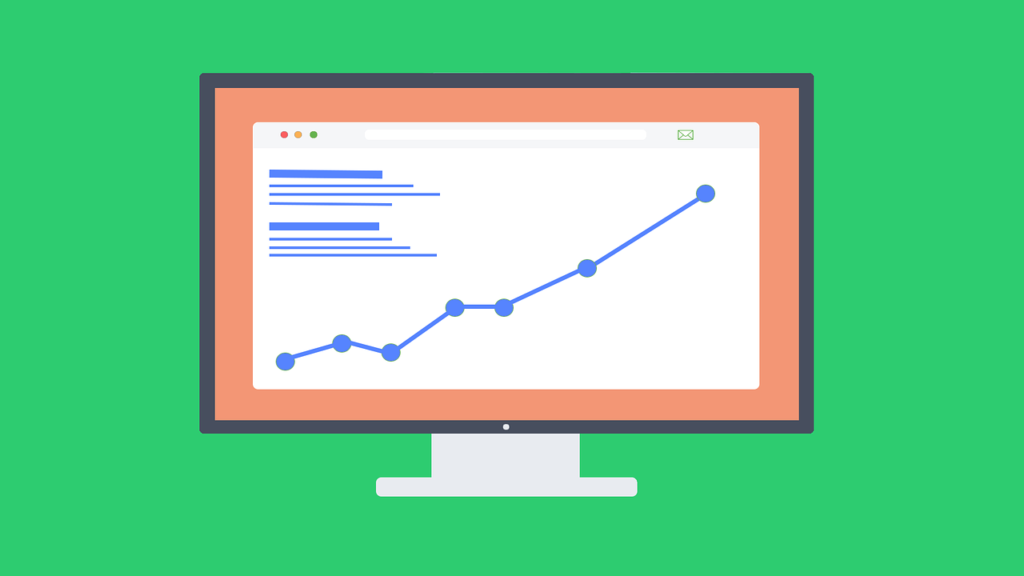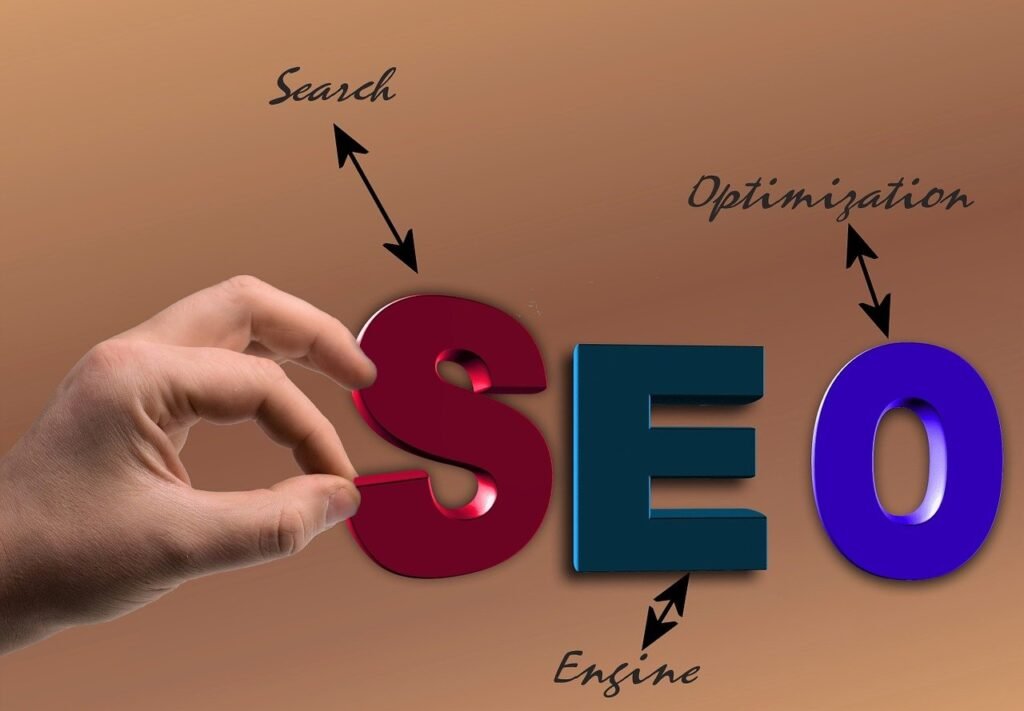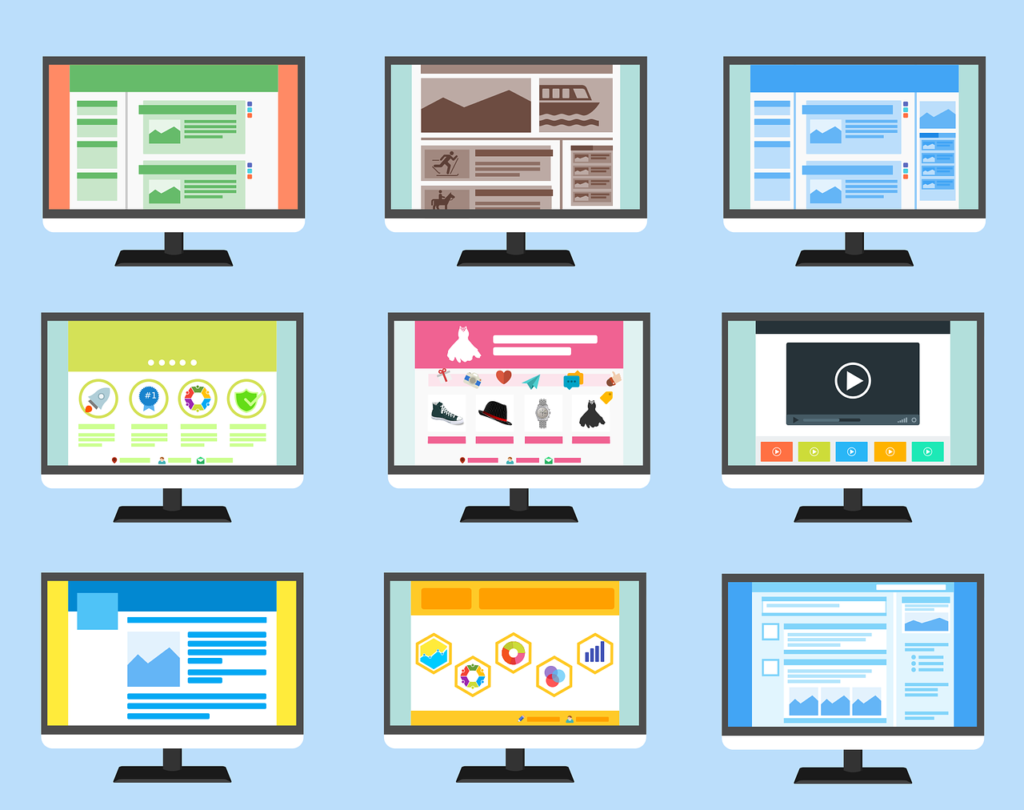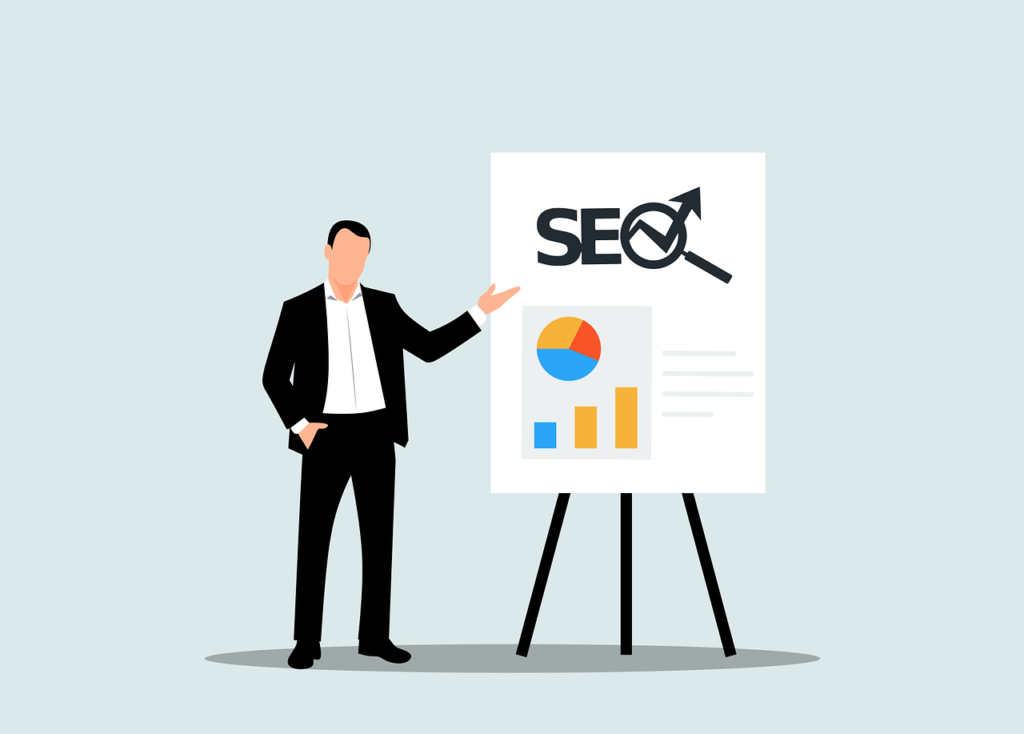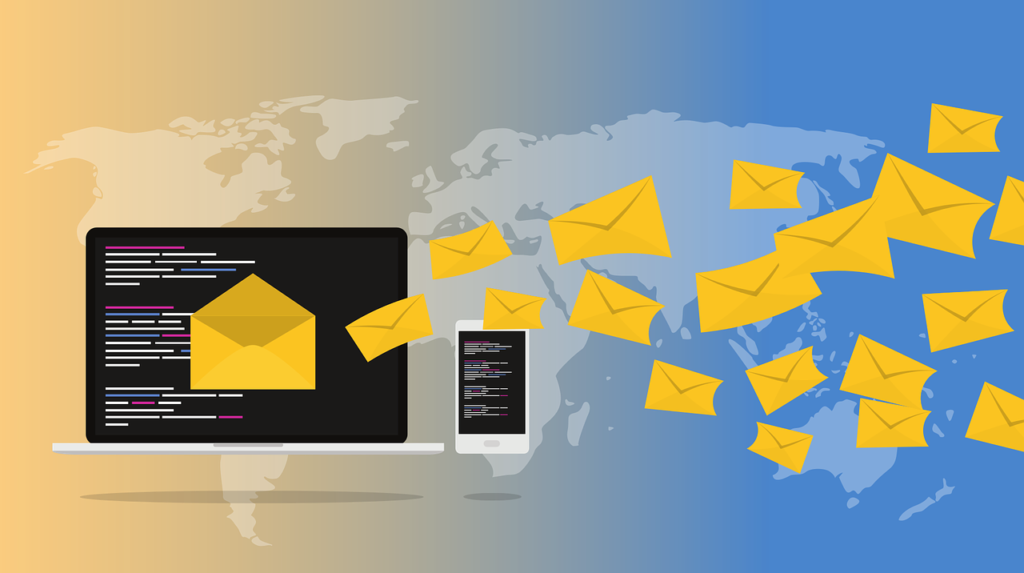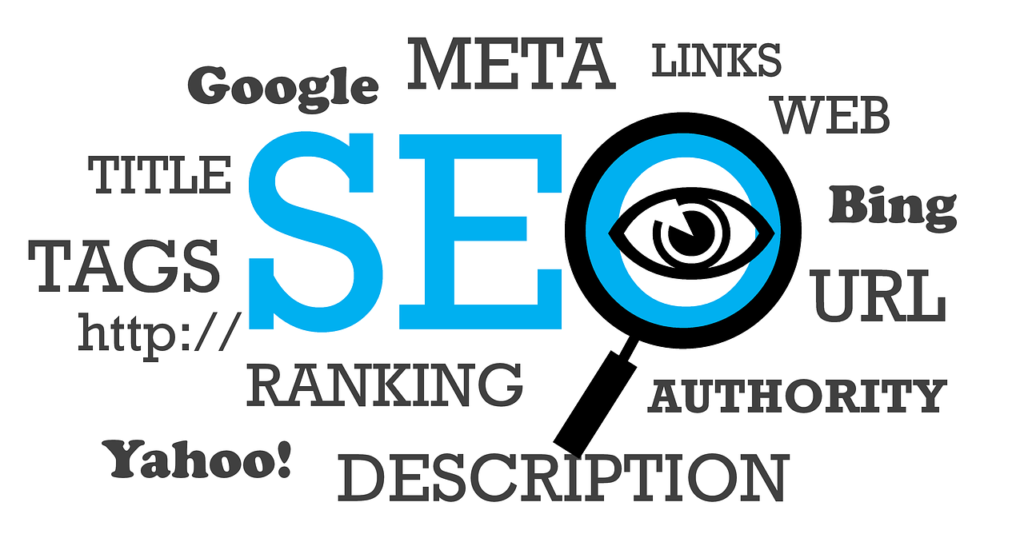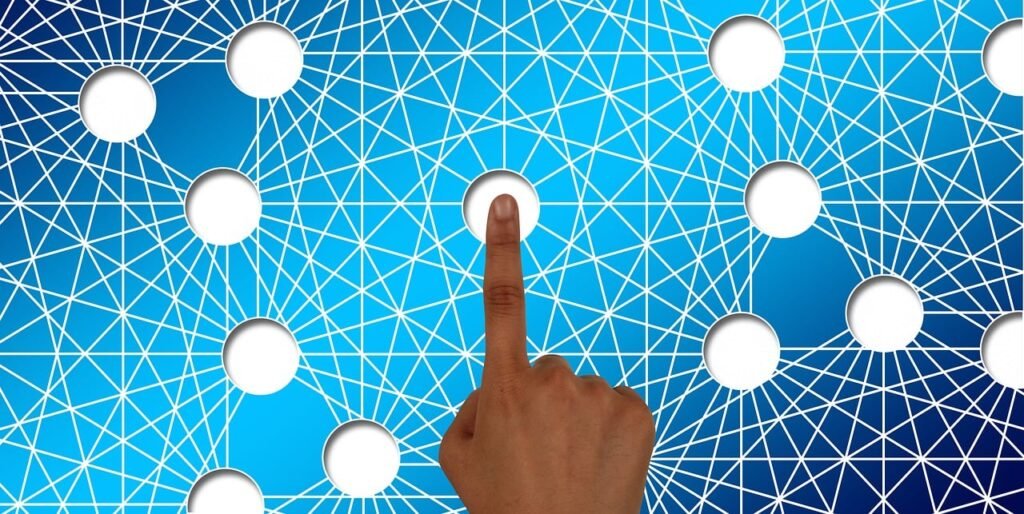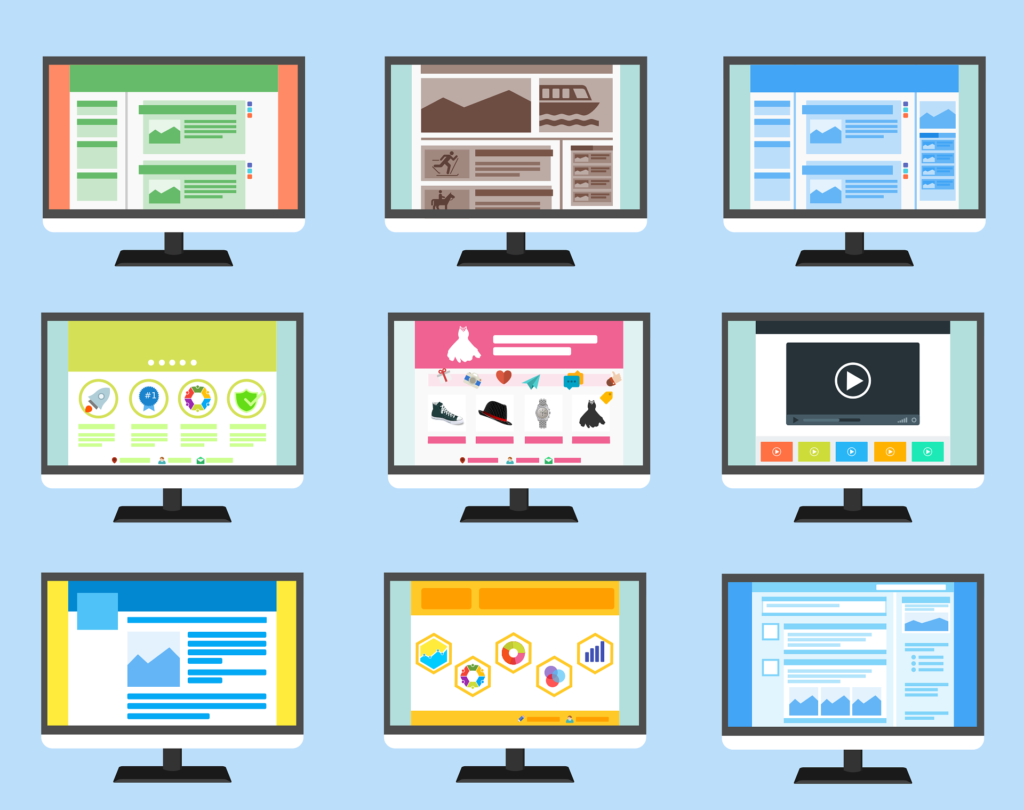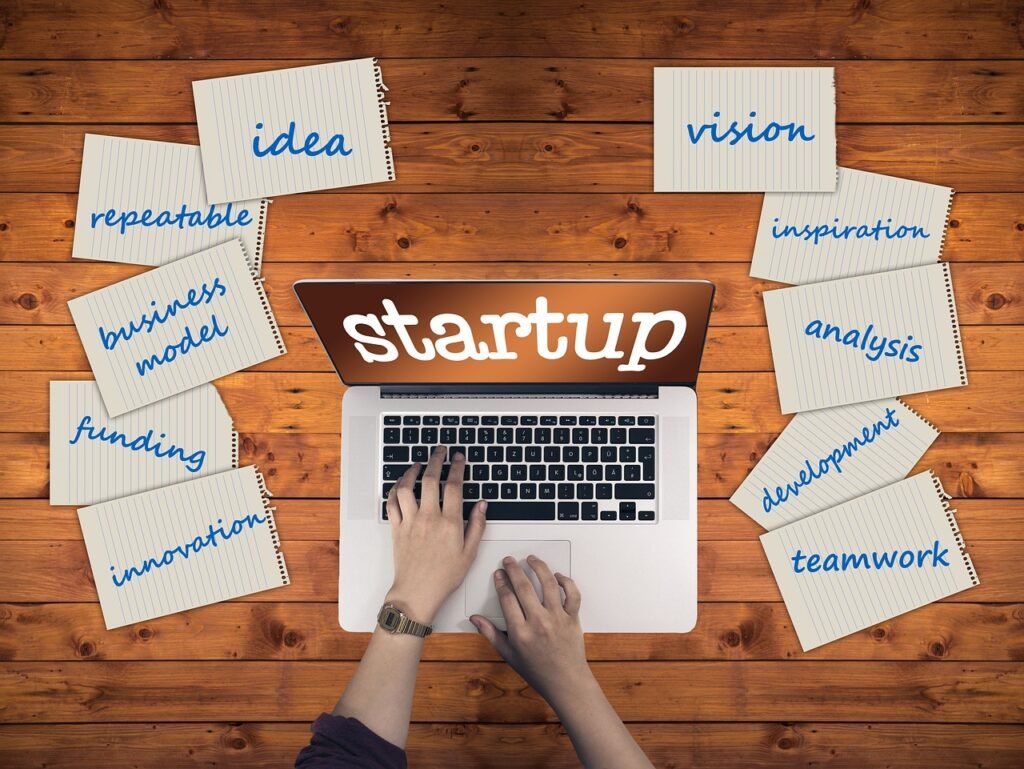In the fast-paced world of business, efficiency and customer satisfaction are two pillars of long-term success. To achieve these, businesses increasingly rely on technology, particularly software solutions that streamline operations, improve customer relations, and help manage resources effectively. Two of the most prominent tools in this space are Customer Relationship Management (CRM) systems and Enterprise Resource Planning (ERP) systems. Though often confused due to some overlap in functionality, these systems serve distinct purposes and cater to different business needs.
As businesses grow, the need for better management of customer relationships and internal resources becomes critical. CRM systems help companies manage customer interactions, while ERP systems optimize internal processes across departments like finance, supply chain, and human resources. Both play a vital role in helping businesses achieve success, but knowing the differences between CRM and ERP can be crucial in determining which system (or combination of both) is right for your business.
In this blog post, we will delve into the intricacies of CRM and ERP systems, explore their differences, benefits, and limitations, and provide guidance on which system—or combination of both—is best suited for your business.
What is CRM?
Definition
Customer Relationship Management (CRM) is a strategy and tool designed to help businesses manage and improve their interactions with existing and potential customers. It acts as a central repository for customer data, allowing businesses to track customer interactions, manage leads, nurture customer relationships, and optimize sales pipelines. CRM software is used extensively by marketing, sales, and customer service departments.
CRM is primarily customer-centric, aiming to boost customer satisfaction, retain customers, and drive sales growth. By understanding customer needs and behaviors, businesses can develop more personalized marketing campaigns and improve the overall customer experience.
Types of CRM Systems
CRM systems come in various forms to cater to different business needs:
- Operational CRM – Focuses on automating sales, marketing, and service processes.
- Analytical CRM – Helps businesses analyze customer data for better decision-making.
- Collaborative CRM – Enables different departments (like sales, marketing, and support) to share customer information, ensuring a seamless customer experience.
Key Features of CRM
- Customer Data Management: CRM systems allow businesses to gather, organize, and analyze customer data in a single platform. This includes details like purchase history, contact information, and preferences.
- Lead Management: CRMs facilitate tracking and managing leads through the sales pipeline, from the initial contact to final conversion.
- Sales Automation: CRM automates repetitive tasks like sending follow-up emails, tracking interactions, and scheduling appointments, freeing up time for sales representatives.
- Marketing Automation: Some CRM systems have built-in tools for email campaigns, social media integration, and personalized marketing strategies based on customer behaviors and preferences.
- Customer Service Management: With CRM, businesses can log customer support cases, track their resolution, and ensure timely responses, thereby improving customer satisfaction.
- Reporting and Analytics: CRM software provides insights into customer behaviors, sales performance, and marketing effectiveness, allowing for data-driven decision-making.
Benefits of Using CRM
- Improved Customer Relationships: A CRM helps you maintain detailed customer profiles, enabling more personalized interactions and stronger relationships.
- Increased Sales: Sales teams can manage leads more effectively, resulting in higher conversion rates and revenue growth.
- Enhanced Customer Retention: CRM tools enable businesses to provide better post-sales service, improving customer loyalty and retention.
- Better Team Collaboration: All departments have access to up-to-date customer information, promoting seamless collaboration and communication.
- Data-Driven Decision Making: With robust analytics, businesses can make better decisions about sales strategies, marketing campaigns, and customer service improvements.
Looking to Implement a CRM or ERP System?
Not sure which system is right for you? Schedule a consultation with our specialists today, and we’ll guide you through the decision-making process.
What is ERP?
Definition
Enterprise Resource Planning (ERP) is an integrated system designed to manage various business functions such as finance, supply chain, manufacturing, procurement, human resources, and more. Unlike CRM, which is mainly focused on customer relationships, ERP focuses on the internal processes of an organization, optimizing the use of company resources.
An ERP system acts as a central hub that allows different departments to share and access real-time data. This increases operational efficiency by reducing data silos, improving workflow, and streamlining core business processes.
ERP Modules
ERP systems typically include a variety of modules that cater to specific business functions:
- Financial Management: Manages accounting, budgeting, and financial reporting.
- Supply Chain Management: Optimizes procurement, inventory, and distribution processes.
- Human Resources Management: Streamlines payroll, employee records, and performance tracking.
- Manufacturing Management: Handles production scheduling, order tracking, and quality control.
- Procurement Management: Oversees vendor management, purchase orders, and cost control.
Key Features of ERP
- Financial Management: ERP systems offer comprehensive financial tools, including accounting, budgeting, and reporting, all integrated in one platform.
- Supply Chain Management: ERP tools help monitor and optimize the entire supply chain, from procurement to inventory management and distribution.
- Human Resources Management: ERP systems streamline HR tasks like payroll, employee records, benefits administration, and performance tracking.
- Manufacturing and Production Management: In manufacturing firms, ERP software can handle production schedules, order tracking, and quality control.
- Procurement Management: ERP systems manage vendor relationships, purchase orders, and procurement workflows, ensuring cost-efficiency in the procurement process.
- Data Integration and Reporting: ERP systems integrate data across all departments and offer in-depth analytics and reports to help businesses understand overall performance.
Benefits of Using ERP
- Operational Efficiency: ERP systems streamline workflows and integrate different business processes, improving operational efficiency.
- Cost Reduction: ERP helps reduce redundant processes and manual work, ultimately lowering operating costs.
- Improved Collaboration: With all departments accessing the same data, collaboration between teams becomes easier and more effective.
- Better Resource Management: ERP systems help businesses manage resources—whether they be people, materials, or finances—more effectively.
- Regulatory Compliance: ERP systems often come with built-in compliance features to help businesses adhere to industry standards and regulations.
Key Differences Between CRM and ERP
While CRM and ERP systems share some similarities, such as improving efficiency and data management, they differ significantly in their core functionalities and purposes. Understanding these differences is crucial when choosing the right system for your business.
| Aspect | CRM | ERP |
|---|---|---|
| Focus | Customer-facing processes (sales, marketing, service) | Internal processes (finance, supply chain, HR, manufacturing) |
| Primary Users | Sales, marketing, customer service teams | Accounting, finance, supply chain, HR, operations teams |
| Purpose | Enhance customer relationships, increase sales | Improve operational efficiency, reduce costs |
| Data Scope | Customer data and interactions | Company-wide data, including financials, inventory, HR, etc. |
| Benefits | Increased customer retention, higher sales | Streamlined processes, cost efficiency, resource management |
Confused About CRM vs. ERP? Let’s Simplify It for You!
Still not sure which system is a better fit for your business? Reach out to us for a personalized consultation, and we’ll help you make the best choice.
Cost, Implementation Time, and Scalability
CRM systems are generally more affordable and quicker to implement than ERP systems, particularly for small and medium-sized businesses. A typical CRM implementation can take a few weeks to a few months, while ERP systems—due to their complexity—may take several months to over a year. ERP systems also require more resources and planning for integration, especially in larger enterprises.
However, both CRM and ERP offer cloud-based solutions that make them more scalable and flexible, allowing businesses to adjust their systems as they grow.
CRM vs ERP: How They Work Together
Although CRM and ERP systems serve different purposes, they can be highly complementary when integrated. Combining CRM’s customer-centric data with ERP’s resource management capabilities allows businesses to gain a holistic view of both customer relations and operational processes.
Data Sharing
Integrating CRM with ERP allows customer data and sales orders to synchronize automatically with back-office systems like finance, inventory, and supply chain. This minimizes data duplication and ensures that all departments have access to up-to-date information.
Streamlined Order Processing
Sales teams using CRM can access real-time inventory levels from the ERP system, allowing them to provide customers with accurate product availability. When an order is placed, the ERP system handles procurement, order fulfillment, and shipping, ensuring a seamless workflow.
Improved Sales Forecasting
By combining customer insights from CRM with operational data from ERP, businesses can better predict demand, optimize inventory levels, and manage production schedules more effectively.
Enhanced Customer Support
Customer service teams can access ERP data through CRM, allowing them to provide more accurate information on order status, product availability, and shipping times.
Who Should Choose CRM?
A CRM system is an ideal solution for businesses that:
- Have a sales-driven model and need to manage leads and customer interactions.
- Prioritize customer retention and satisfaction.
- Rely heavily on marketing campaigns and need data to target customers more effectively.
- Have a separate system for internal operations but need a dedicated tool for managing customer relations.
Examples of industries that benefit most from CRM include retail, real estate, hospitality, financial services, and any business with a strong focus on sales and customer service.
Who Should Choose ERP?
An ERP system is best suited for businesses that:
- Require a more integrated approach to managing internal operations across departments.
- Need robust tools for financial management, supply chain optimization, and production planning.
- Are dealing with complex manufacturing, procurement, and inventory processes.
- Have outgrown their current system of managing multiple software platforms for different business functions.
Industries that typically rely on ERP systems include manufacturing, healthcare, construction, and wholesale distribution.
Decision-Making Framework: How to Choose Between CRM and ERP
Deciding between a CRM or ERP system can be challenging, but here’s a framework to help you:
- Identify Your Primary Goals: Are you focused on improving customer relationships and marketing, or are you looking to streamline internal operations?
- Assess Current Pain Points: Where are your business’s bottlenecks? Are they primarily customer-facing or operational?
- Consider Budget and Resources: Determine how much your business can invest in new software, including implementation and long-term costs.
- Evaluate Long-Term Growth Plans: Ensure the system you choose can scale with your business as it grows.
By following this framework, you can make a more informed decision on whether CRM, ERP, or both, are right for your business.
Cost Considerations: CRM vs ERP Investment Breakdown
Cost is often a major factor when deciding between a CRM or ERP system. Both types of software come with their unique pricing models:
- CRM Costs: CRM solutions often have tiered pricing based on the number of users, data storage, and advanced features like automation and analytics. SaaS-based CRMs, such as Salesforce or HubSpot, typically have monthly or annual subscription fees.
- ERP Costs: ERPs tend to be more expensive due to their extensive functionality. They often involve higher upfront costs, implementation fees, and ongoing maintenance. For larger businesses, custom ERP solutions may be required, which can drive costs up significantly.
Understanding the total cost of ownership, including software licenses, hardware, implementation, and ongoing maintenance, is key to making an informed decision.
Scalability: How CRM and ERP Evolve with Your Business
As your business grows, the systems you choose should be able to grow alongside it.
- CRM Scalability: CRMs are designed to evolve as your customer base expands. You can add more users, increase your database capacity, and integrate advanced marketing tools as needed. This allows businesses to adapt quickly to changing customer demands without massive disruptions.
- ERP Scalability: ERP systems are also designed to handle growing business needs. Most ERPs allow for the addition of new modules, users, and integrations as your company expands, which helps maintain a cohesive workflow even as operations become more complex.
Both CRM and ERP systems offer scalability, but your choice depends on whether your primary growth focus is on customer interactions or internal processes.
Maximize Your Business Potential
Need a system that scales as your business grows? Talk to our experts to find out how we can help you integrate a CRM or ERP solution that evolves with your business.
CRM and ERP Trends in 2024
As we move further into 2024, several key trends are shaping the future of CRM and ERP systems:
Artificial Intelligence (AI) Integration
Both CRM and ERP systems are increasingly adopting AI and machine learning tools to automate tasks, provide predictive analytics, and generate actionable insights. AI-driven CRM systems can help sales teams by identifying the most promising leads, while ERP systems use AI to optimize supply chain management and forecast demand more accurately.
Blockchain and ERP
Blockchain technology is being incorporated into ERP systems, particularly in industries with complex supply chains. Blockchain’s ability to provide transparent, secure, and immutable records makes it ideal for tracking product origins, verifying suppliers, and ensuring ethical sourcing.
Internet of Things (IoT)
IoT devices are increasingly integrated with ERP systems, especially in manufacturing, where they provide real-time data on machine performance, inventory levels, and product quality. By connecting physical assets to digital systems, IoT enhances the operational efficiency of ERP systems.
Cloud-Based Solutions
The shift toward cloud-based CRM and ERP systems continues to accelerate, allowing businesses of all sizes to access powerful tools without the need for costly hardware investments. Cloud solutions are also more scalable, making it easier for businesses to expand their system as they grow.
Conclusion: The Future of Business Management
As businesses evolve, so do their technological needs. CRM and ERP systems represent two essential tools that, when combined, offer a powerful solution for managing both customer relationships and internal resources. While CRM is ideal for businesses looking to optimize their sales and customer interactions, ERP is critical for those aiming to streamline their operations and improve efficiency.
Moving forward, the lines between CRM and ERP may continue to blur as both systems adopt new technologies like AI, blockchain, and IoT. The key takeaway for businesses is to assess their unique needs, industry, and growth trajectory when deciding whether to implement CRM, ERP, or both.
By staying agile and embracing the latest technological trends, businesses can maintain a competitive edge and achieve long-term success in an ever-evolving marketplace.







